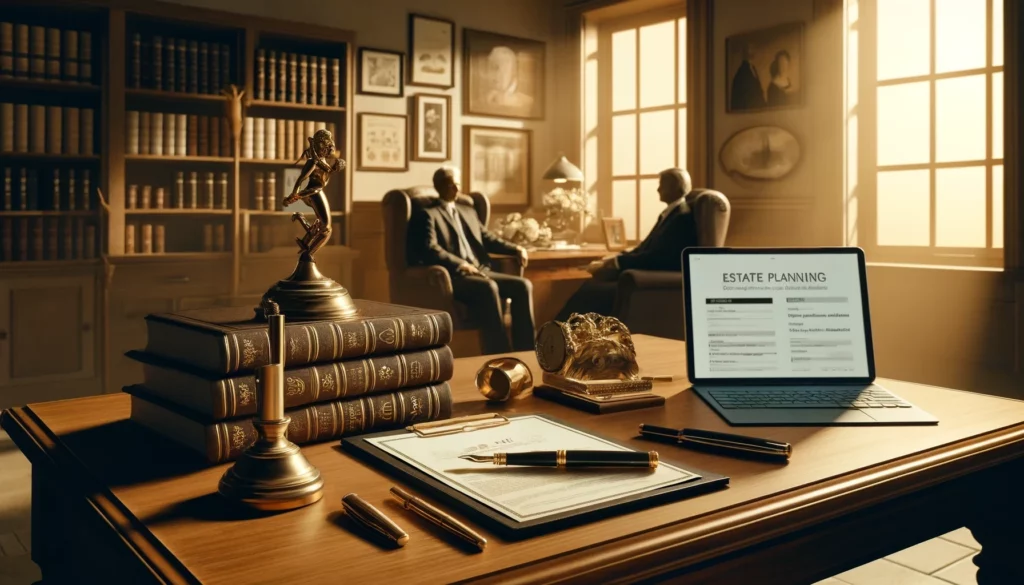Estate planning often conjures images of complex legal documents and financial strategies. Yet, one aspect that frequently goes overlooked is the physical preservation of the items that constitute our legacy. Self storage emerges as a practical solution in this domain, providing a secure environment for valuable documents, cherished heirlooms, and significant personal items. As we navigate the intricacies of preparing for the future, the inclusion of self storage offers peace of mind that our physical treasures will endure for generations to come.
Incorporating self storage into the planning process not only safeguards these items from environmental damage but also from the risk of loss or theft. Well-maintained container storage and climate-controlled units ensure that sensitive materials, from legal paperwork to antique furniture, are maintained in optimal conditions. This level of care and protection is crucial for items of both monetary and sentimental value, making self storage a cornerstone of thorough estate planning.
Securing Valuables and Memories for the Future
The physical aspects of our legacy, from documents that outline our wishes to the heirlooms that carry our stories, are integral to the estate planning process. Self storage offers a practical and secure solution for preserving these items, ensuring they remain part of our legacy. As we look to the future, the role of self storage in estate planning becomes increasingly clear, providing not just space, but security, organisation, and peace of mind.
For detailed guidance on estate planning services, consider consulting with reputable UK financial institutions such as [Name of Bank or Financial Institution], which offer comprehensive estate planning services. Their expertise can complement your self storage strategy, ensuring a holistic approach to legacy preservation.
Self Storage for Retirement: An Integral Part of Estate Planning
For retirees, the process of estate planning is intertwined with the broader journey of decluttering and organising for a simpler, more focused lifestyle. Self storage for retirement becomes an invaluable tool in this transition, allowing for the careful selection and storage of items meant for future generations. By choosing a self storage solution, retirees can declutter their living spaces without parting with the items that hold deep personal or family significance. Learn more about decluttering for retirement.
The strategic use of self storage also facilitates a more organised approach to estate planning. Items earmarked for different beneficiaries can be stored and labeled accordingly, simplifying the eventual process of distribution. Furthermore, valuable documents related to estate planning, such as wills, trusts, and property deeds, can be securely stored away from the home, ensuring they remain intact and accessible when needed.
Tips on How to Do Estate Planning Right:
- Start Early: It’s never too early to begin estate planning. Starting early gives you the flexibility to adjust your plans as your financial situation or family dynamics change over time.
- Draft a Will: A will is foundational to estate planning, detailing how you want your assets distributed and who will be the guardian of your children, if applicable.
- Consider Setting Up Trusts: Trusts can help manage how your assets are distributed, potentially reducing inheritance tax liabilities and ensuring financial support for your dependents when you’re no longer around.
- Power of Attorney: Setting up a Power of Attorney allows someone you trust to handle your affairs if you become unable to do so yourself.
- Review Regularly: Life changes such as marriage, divorce, the birth of a child, or acquiring significant assets warrant a review of your estate plan to ensure it still meets your wishes.
When to Start:
The right time to start is now. Regardless of the size of your estate or your age, having a plan in place is crucial for ensuring your assets are distributed according to your wishes and that provisions are made for your care should you become incapacitated.
What Does Estate Planning Cost in the UK?

The costs associated with estate planning in the UK can vary widely based on the complexity of your estate and the specific services you require. Here’s a rough estimate:
- Will Writing: The cost of having a will written by a professional can range from £150 to £500 for a single will. For mirror wills, often used by couples, the cost may range from £200 to £600.
- Setting Up Trusts: The costs for setting up trusts can be more significant, potentially ranging from £1,000 to several thousand pounds, depending on the complexity.
- Power of Attorney: Registering a Power of Attorney might cost approximately £82 per type in England and Wales, with similar costs in Scotland and Northern Ireland. Professional advice and assistance in setting this up will add to the cost.
- Consultation with Estate Planning Professionals: Many solicitors or estate planners charge an hourly rate, which can range from £100 to £300 per hour.
These costs are estimations and can vary. It’s advisable to get quotes from several professionals and ensure they are members of recognised bodies, such as the Society of Trust and Estate Practitioners (STEP) in the UK.
Final Thoughts: Estate Planning and Self Storage Go Hand In Hand
Estate planning is a crucial step towards securing your legacy and providing for your loved ones. Given its complexity and the significant legal and financial implications, consulting with a qualified estate planning solicitor or financial advisor is strongly recommended to tailor a plan that meets your specific needs and circumstances.
From securing valuable possessions and memories to facilitating a more organised approach, self storage is an integral part of estate planning. With its flexibility, security, and practicality, self storage offers a comprehensive solution for preserving our legacy and ensuring our wishes are carried out even after we’re gone.
Visit our website to find out about our storage facility locations, prices and more!